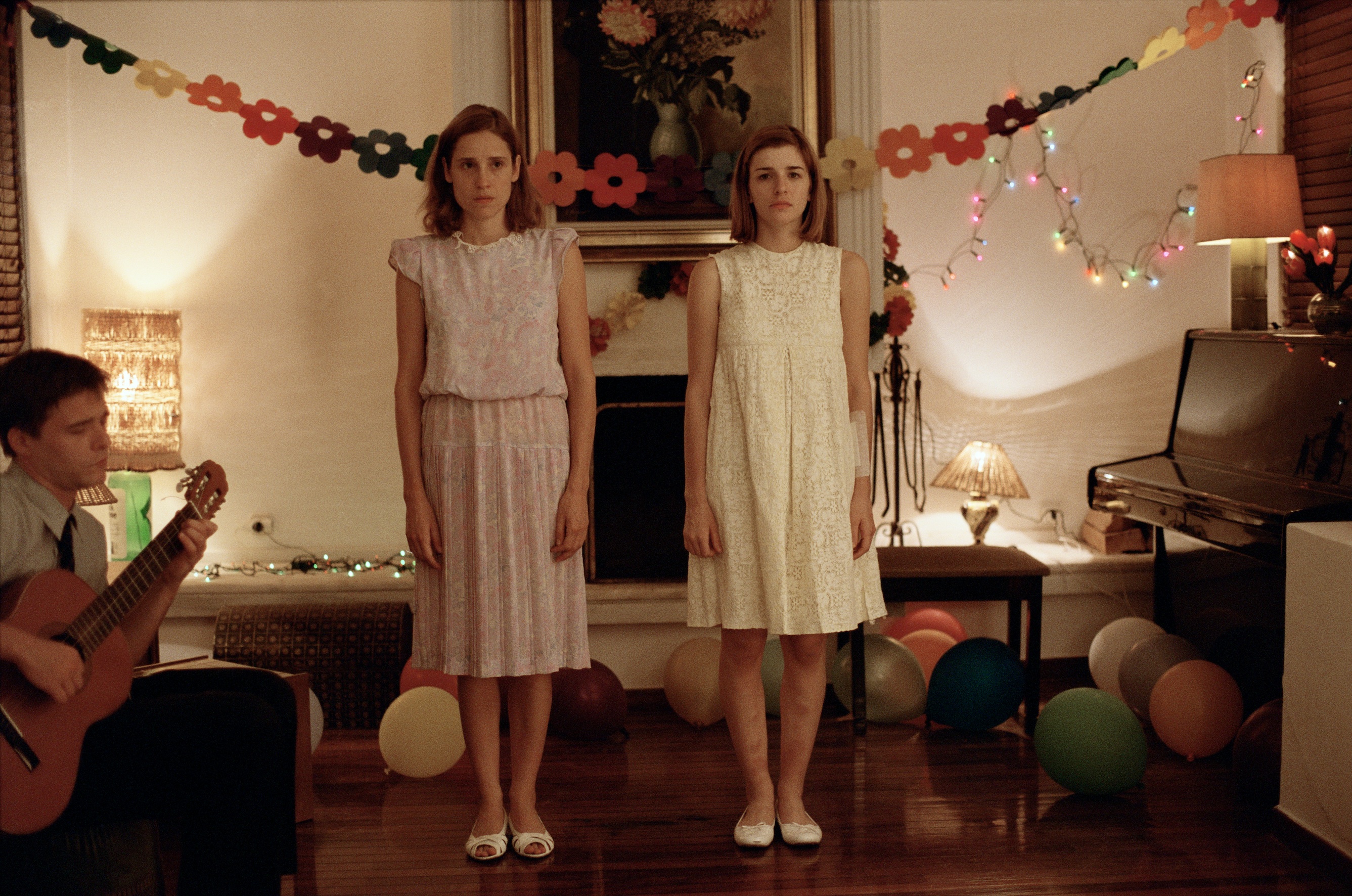Cinema (not) in Crisis, the New Argentine Cinema and the Greek New Wave
Dr. Konstantinos Tzouflas
Das Forschungsprojekt wird von der Fondation Sophie Afenduli unterstützt (Sept. 2015 – Sept. 2017). Kontaktpersonen an der Universität Zürich: Prof. Dr. Margrit Tröhler (Seminar für Filmwissenschaft) und Prof. Dr. Jens Andermann (Romanisches Seminar).
The overarching aim of this project is to reveal common patterns in the way cinematic “New Waves” appear in countries which were or are currently in economic, social or humanitarian crisis. It will be argued that there is a link between: (i) these crises, (ii) the “discovery” of “New Waves” by film festivals and (iii) new production/funding opportunities for these “Waves.” This research aims to prove that the international attention these countries attract due to the crises, can lead to: first, the recognition by festivals of an entire generation of filmmakers as something new and connected to the crises; second, a new-found and often short-lived interest from foreign producers, foundations, institutions and film festivals to fund the films of this generation.
In order to achieve the objectives of this research, the New Argentine Cinema (NAC) and the Greek New Wave (GNW) will be comparatively analysed. The so-called NAC appeared shortly before the Argentine default in 2001 with critically acclaimed and award-winning films, such as Pizza, Birra, Faso (Pizza, Beer, and Cigarettes/Pizza, Beer & Smokes, Adrián Caetano, Bruno Stagnaro, ARG 1997), Mundo grúa (Crane World, Pablo Trapero, ARG 1999) and La ciénaga (The Swamp, Lucrecia Martel, ARG/FR/ESP 2000). The so-called GNW is considered to have come about with the success of Dogtooth (Yorgos Lanthimos, GR 2009), which coincided with the beginning of the sovereign-debt crisis in Greece. This film attracted prestigious festival awards, such as Un Certain Regard at the Cannes Film Festival in 2009, and a nomination for Best Foreign Language Film at the Oscars. Other examples of GΝW films are Attenberg (Athina Rachel Tsangari, GR 2010), Miss Violence (Alexandros Avranas, GR 2013) and A Blast (Syllas Tzoumerkas, GR/DE/NL/IT/BA/FR 2014).
More specifically, this research (i) briefly outlines the economic crunches in Argentina and Greece; (ii) examines if there is a cause-and-effect relationship between the crises and the success of the NAC and the GNW at international film festivals; (iii) analyses if there is an “aesthetics of crisis” and if the NAC and the GNW were linked to the crises by the festivals, because of - or, possibly, despite - their themes; and, (iv) investigates if the sudden, increased interest in Argentina and Greece led to unexpected financing of their cinematic “New Waves”, despite the reduction in state funding.
If the hypothesis that the crises were the major – and yet not the only – factor that led to the international recognition of the NAC and the GNW as cinematic trends proves true, then wider conclusions on the way “New Waves” are coined could be drawn. Moreover, this work will show how financial limitations change the filmmakers’ artistic priorities and how the film industry of a peripheral country in crisis can turn financial downturn to its advantage. Last but not least, the GNW, one of the most exciting contemporary cinematic trends, is analysed extensively and systematically in this research.
